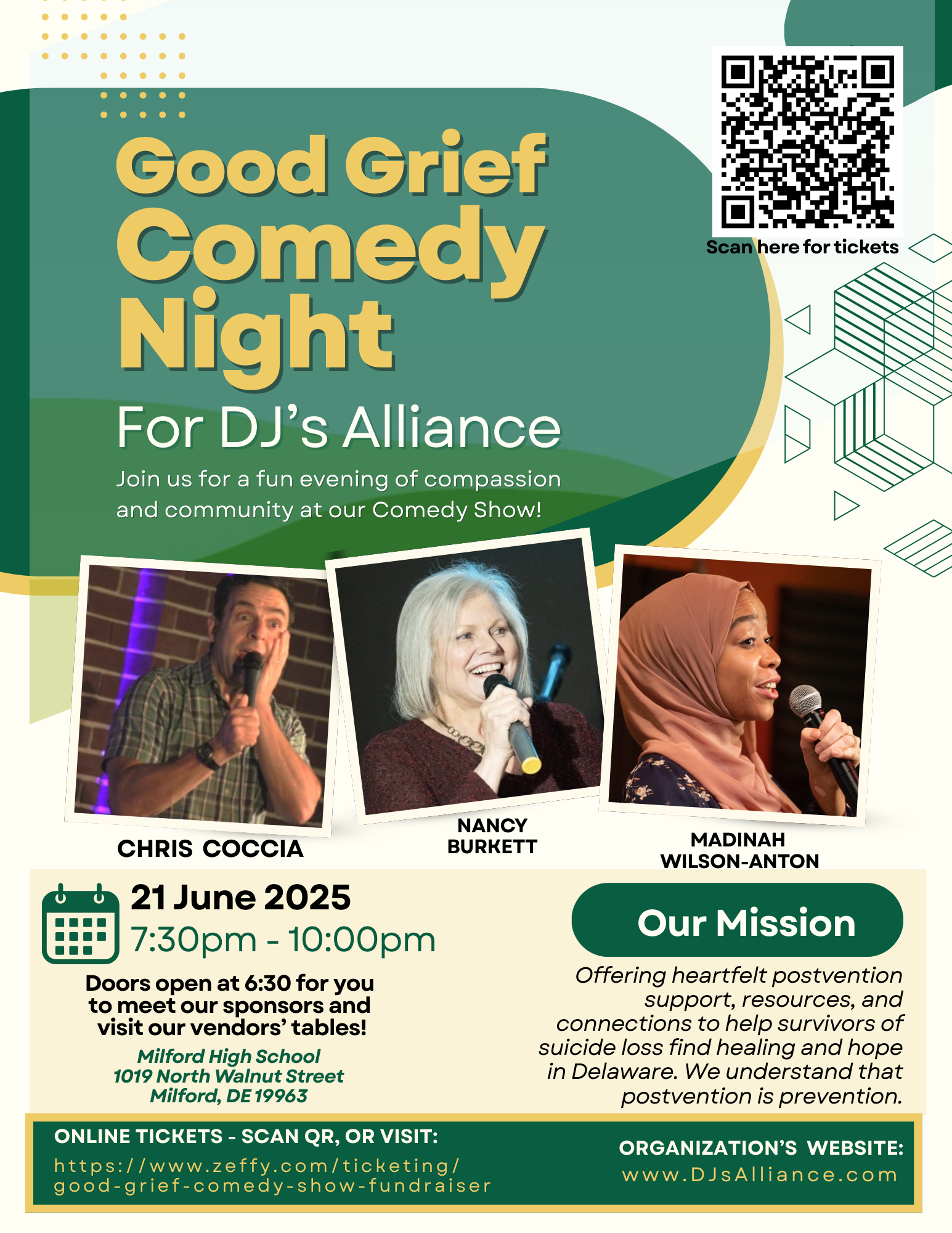
The 5th annual virtual Multilingual Learner Conference took place on April 9 and 10 with the theme “Building Bridges Toward Collaboration, Coherence and Community.” This conference brought educators, national experts and community leaders together to share best practices for helping multilanguage learners throughout the state.
“Multilingual learners or MLs are students whose native language is not English or who live in a household where a language other than English is spoken,” Trish Gerken, Public Information Officer, said. “When a student registers that indicates that a language other than English is spoken at home, they are assessed to determine eligibility for English language development services. If identified as a multilingual learner, the student receives appropriate instructional support and is assessed annually using the ACCESS for ELLs until they meet the exit criteria established by the Delaware Department of Education.”
Sharlitta Gilbert leads the multilingual learner program as the district’s Language Acquisition Student Learning Specialist. This program is dedicated to supporting the academic growth and language development of all learners whose native language may not be English.
“Milford School District was proudly represented throughout the conference by dedicated educators who presented innovative and inclusive practices. Ilianny Abad and Gilbert presented “Enhancing Multilingual Success: Building Collaborative Communities Through Local Partnerships,” Gerken said. “This program highlighted the importance of collaboration between schools, families and community organizations in supporting multilingual learners.”

According to Abad, there are many community organizations working to help students whose native language is not English.
“MSD’s partnerships with the Milford Public Library, Biggs Museum, Culture Club PR, My Sister’s Fault Bakery, La Tonalteca and others have created rich opportunities for literacy, cultural appreciation and real-world learning,” Abad said. “These efforts help students feel connected and empowered while strengthening family engagement.”
Milford High School teacher Chelsea Zaldivar presented “Morphing Deficit into Asset – A shift in Mindset to Support the Whole Student.”
“Language is not a burden, it’s an asset,” Zaldivar said. “My presentation focused on shifting away from a deficit mindset and recognizing the strengths multilingual learners bring to the classroom, emphasizing the importance of maintaining high expectations while being flexible and supportive of students at all levels of English proficiency.”

Lulu Ross teachers Tessa Brooks and Tristin Brannan presented “Multilingual Marvels: Inspiring Confidence Through Competition & Family Friendly Connections.” In this program, they highlighted MSD’s annual academic competition, ML Olympics, the first event of its kind in the state that is designed to celebrate talents, dedication and multilingual abilities of students.
“We have spent years building an innovative academic competition showcasing the abilities of multilingual learners while connecting families with vital community resources like health providers and public services,” Brooks said.
Through grade-level events in the four language domains, math, science, and social studies, students build confidence and pride in their abilities.
“We are excited to share some unique ways to foster family engagement, celebrate student success, and inspire educators to create impactful, community-centered experiences for multilingual learners,” Brannan said.

Candice Leyanna from Benjamin Banneker presented “Unlocking Potential: The Power of Parent Involvement in Multilingual Education” explored the vital role parents play in language development and academic success. Her session offered practical strategies for strengthening school-home connections, promoting language growth at home, and celebrating the diverse backgrounds of our multilingual families.
These presentations exemplified Milford’s commitment to collaboration, inclusion, and innovation—ensuring that multilingual learners are empowered to thrive academically, socially, and culturally.








